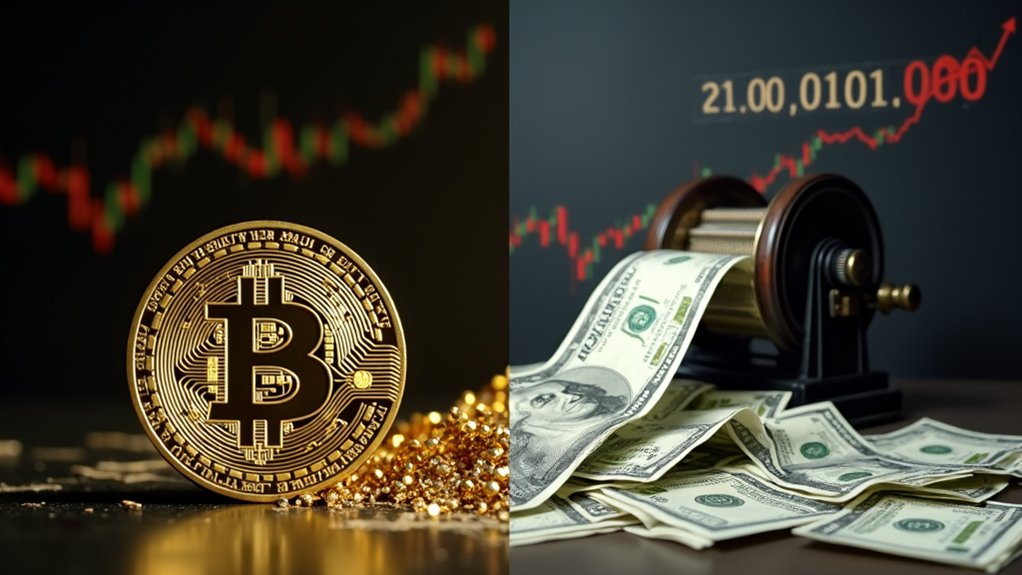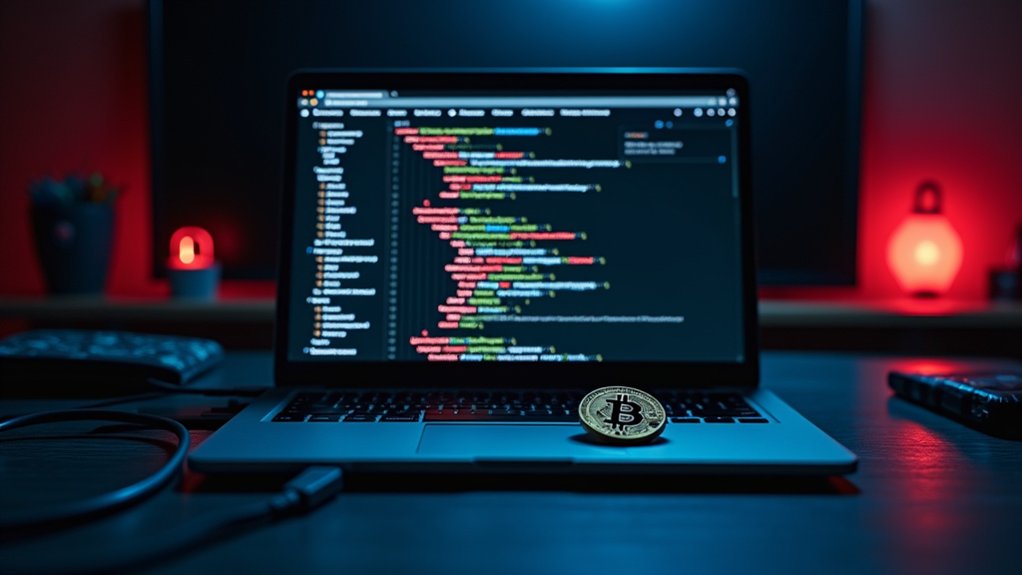Kiyosaki, never one to mince words, has admitted Bitcoin could be a scam—but insists the US dollar is a much bigger fraud. Yeah, you read that right. The guy thinks both might be sketchy, but he’s still buying more Bitcoin. In fact, he recently announced plans to purchase 10 additional coins.
Bitcoin might be sketchy, but the dollar is a bigger scam. That’s why I’m still buying more.
His reasoning? The Federal Reserve’s unlimited money printing versus Bitcoin’s capped supply of 21 million coins. The math isn’t complicated. One has a limit. The other doesn’t. Kiyosaki points to government bailouts and mounting national debt as proof the dollar is being mismanaged into oblivion.
Numbers don’t lie. Bitcoin’s up nearly 40% year-over-year, outperforming the greenback by a mile. Currently trading at 85,078 per coin, Bitcoin continues to demonstrate strong market performance in 2024. Many investors are turning to stablecoins as a bridge between traditional currencies and volatile cryptocurrencies, offering stability without abandoning digital assets altogether. Still, the dollar remains dominant in global trade, featuring in 88% of international transactions. Bitcoin? Way more volatile, but increasingly appealing to institutions seeking inflation protection.
The regulatory landscape is shifting too. January 2025 saw the SEC finally approve spot Bitcoin ETFs, legitimizing the cryptocurrency in ways previously unimaginable. Meanwhile, the government is exploring a digital dollar. Too little, too late? Maybe.
The Bitcoin halving event looms in April 2025, historically a catalyst for price increases. Simultaneously, de-dollarization efforts worldwide chip away at America’s monetary dominance.
Bitcoin’s market cap now sits at $1.67 trillion with daily trading volume exceeding $307 billion. Impressive, but still dwarfed by the dollar’s global footprint.
Love him or hate him, Kiyosaki’s provocative take highlights a genuine debate: can a decentralized digital asset eventually challenge the world’s reserve currency? The answer remains elusive, but the question itself was unthinkable just a decade ago.





